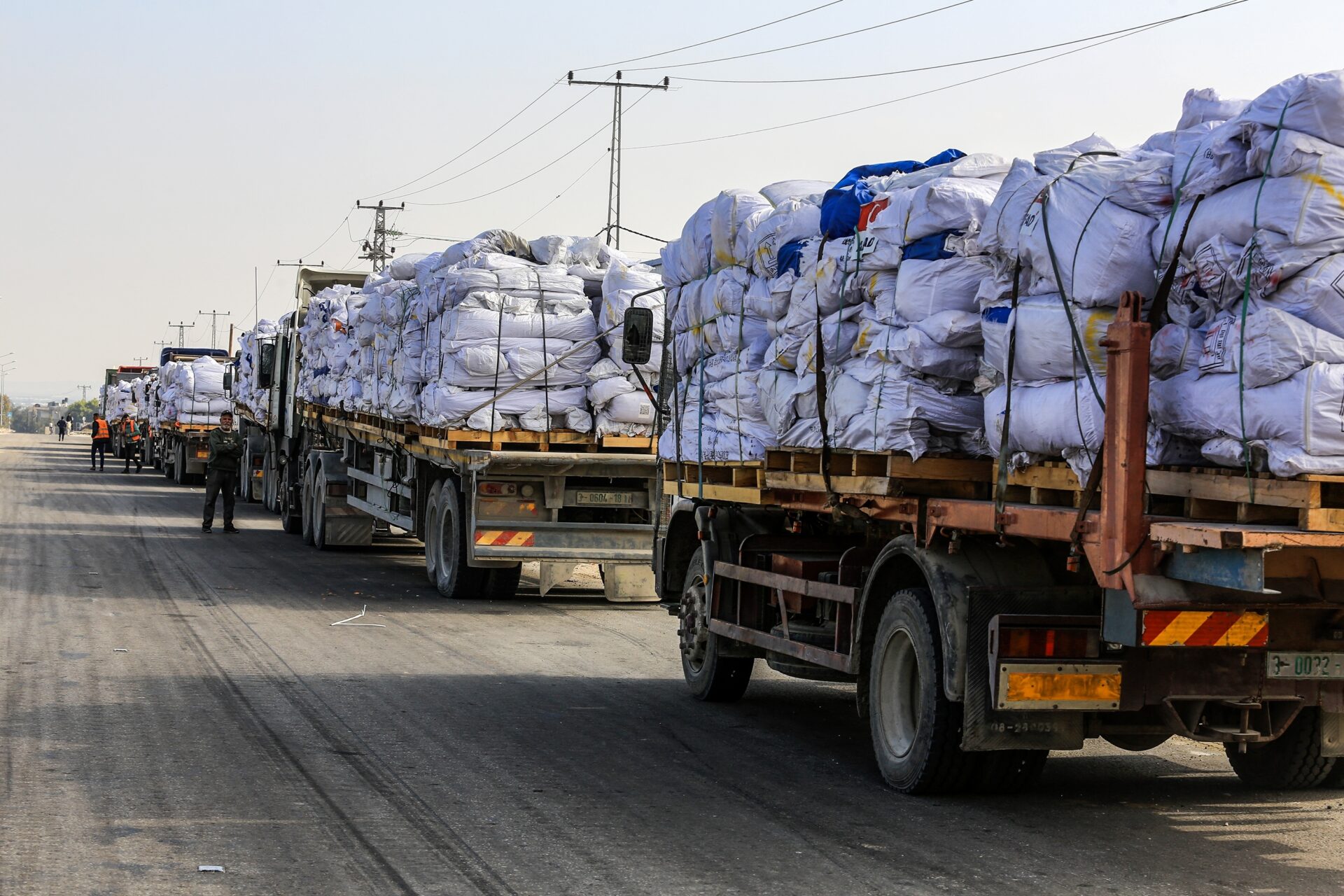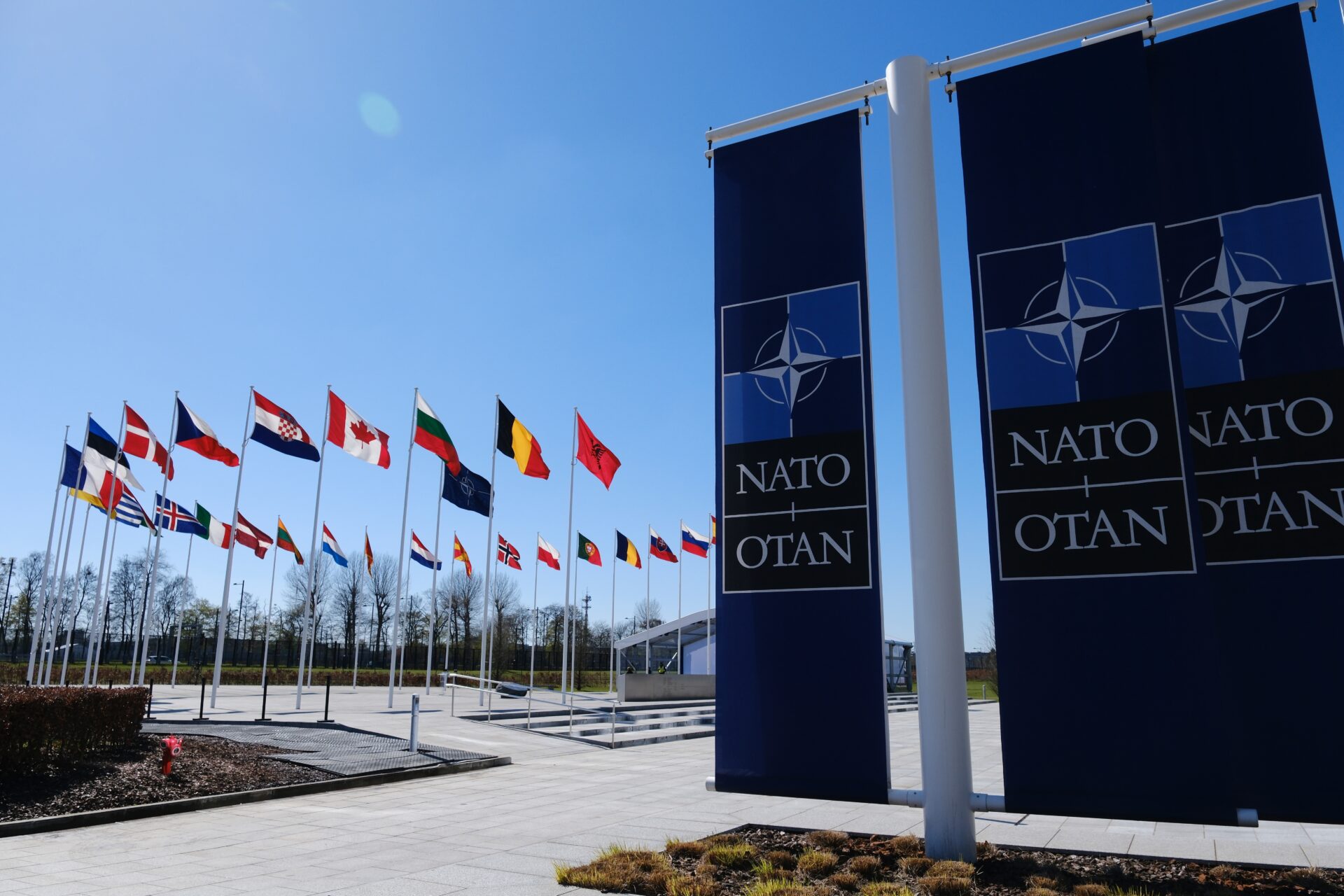
Shocking Study – AID THEFT Fuels Conflicts!
A groundbreaking study finds that humanitarian aid in conflict zones is frequently diverted by terror groups and authoritarian regimes, significantly prolonging wars.
At a Glance
- Researchers Dr. Netta Barak-Corren and Dr. Jonathan Boxman conclude that aid theft and manipulation are systemic across conflicts in Somalia, Syria, Afghanistan, Gaza, and others.
- In Somalia, only about 12.5% to 17.5% of food aid actually reaches intended recipients, due to diversions by militias and “ghost camps.”
- Syria under Bashar al-Assad diverted nearly half of all aid through currency manipulations, while in Yemen, around 60% of aid failed to reach beneficiaries.
- Armed groups such as the Taliban in Afghanistan taxed or co-opted aid, and in Sudan, the fear of interference led UN agencies to conceal looting incidents.
- The researchers argue that aid programs end up sustaining the very conflicts they aim to resolve, raising urgent questions about reforming humanitarian delivery.
Findings Across Regions
The study “Aiding Who? Humanitarian Aid and the Continuation of War by Other Means” outlines a pattern of diversion through theft, taxation, inflated lists, negotiated access, and political deals across numerous war zones. In Somalia, militiamen and corrupt gatekeepers diverted vast quantities of aid, leaving only a small fraction for actual recipients. Similar diversion occurred in Syria, where Assad’s regime misappropriated approximately 50% of aid by exploiting currency rules. In Yemen, much of the aid was seized by Houthi loyalists or resold, with only about 40%–50% reaching those in need.
Watch now: The Business With Terrorism – Are Our Intelligence Services Financing The JIHAD?
In Afghanistan, the Taliban taxed, demanded staffing influence, and infiltrated aid operations, diverting approximately 40% of aid; international supervisors often avoided reporting these abuses. In Sudan, aid diversion went largely unreported due to UN agencies fearing interference or expulsion.
Implications for Humanitarian Policy
The study argues that aid diversion is not an incidental failure, but an embedded feature in many prolonged conflicts—often rationalized to maintain humanitarian access. These practices violate or dilute humanitarian principles such as neutrality, impartiality, and independence, effectively turning aid into a resource for warring actors. Reformers call for recognition of these trade-offs and for more accountable mechanisms—potentially involving armed escorts or aid suspension—to prevent humanitarian aid from fueling violence.
Sources
Fox News
Alphagalileo (Hebrew University)
Wikipedia


